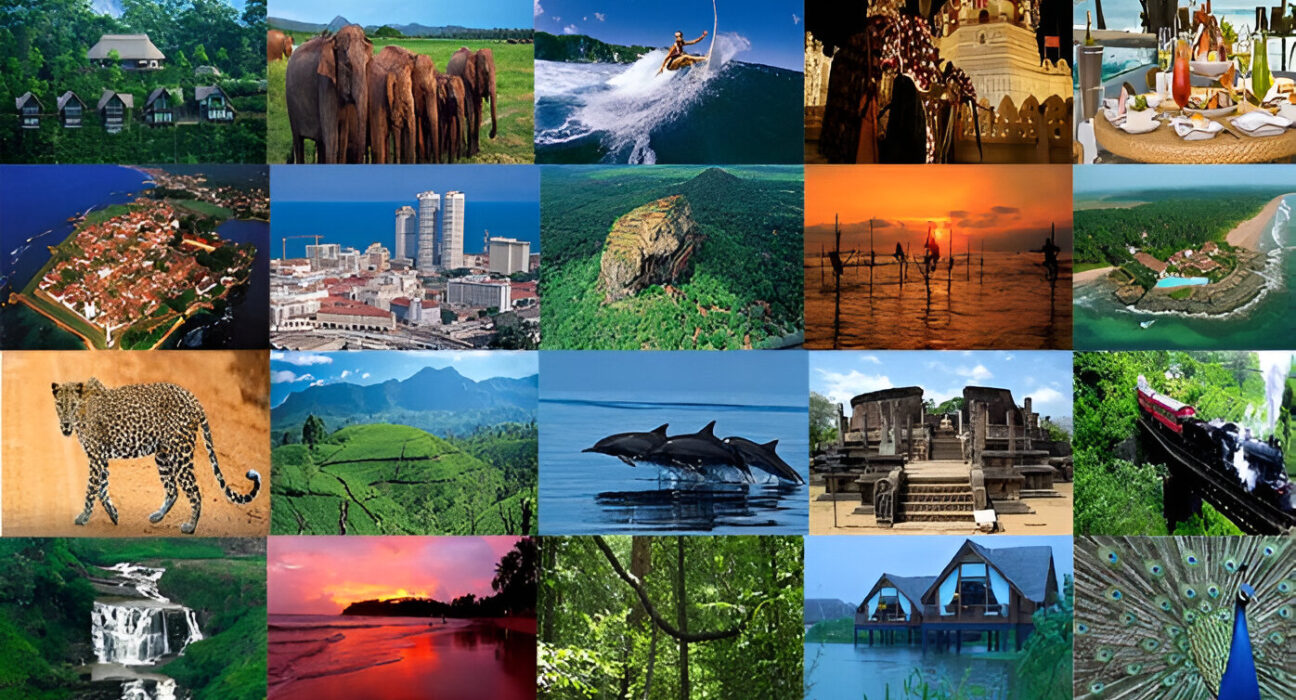Recognizing the importance of a robust tourism industry for Sri Lanka’s economic well-being, the Cabinet of Ministers has taken a significant step to address a critical challenge – the lack of modern and reliable transportation for tourists. In a move aimed at revitalizing the tourism sector, the government has approved the import of 1,000 vehicles, including 750 vans and 250 buses. Notably, the decision prioritizes electric and hybrid models, reflecting Sri Lanka’s commitment to sustainable tourism practices.
This initiative stems from a proposal by Tourism Minister Harin Fernando, who highlighted the urgent need for an upgrade in tourist transportation infrastructure. The current fleet of vehicles, limited in size and often in poor condition, falls short of providing a comfortable and enjoyable travel experience for tourists. This, in turn, has the potential to negatively impact Sri Lanka’s reputation as a premier tourist destination.
The approved imports encompass a range of vehicle sizes, catering to diverse tourist needs. The inclusion of vans with a capacity of 6-15 passengers offers flexibility for smaller groups or personalized tours, while both small buses (seating 16-30) and larger buses (seating 30-45) cater to larger travel groups. This variety ensures a transportation solution for every tourist preference.
Previously existing norms within the tourism industry dictated the replacement of vehicles used for tourist transport every six years. However, with the import ban imposed in March 2020 due to the COVID-19 pandemic, Sri Lanka’s existing fleet has significantly deteriorated. This situation not only poses challenges for the tourist experience but also hinders Sri Lanka’s economic recovery efforts, heavily reliant on a thriving tourism sector.
The import approval marks a turning point for the Sri Lankan tourism industry. By allowing the import of modern and well-maintained vehicles, the government aims to significantly improve the quality of tourist transportation. This, in turn, is expected to enhance tourist satisfaction and encourage a return to pre-pandemic tourist numbers, ultimately contributing to Sri Lanka’s economic revitalization. It is important to note that this decision follows a similar one in January 2024, which permitted vehicle imports for specific government ministries, suggesting a broader shift towards easing import restrictions on essential transportation needs.
